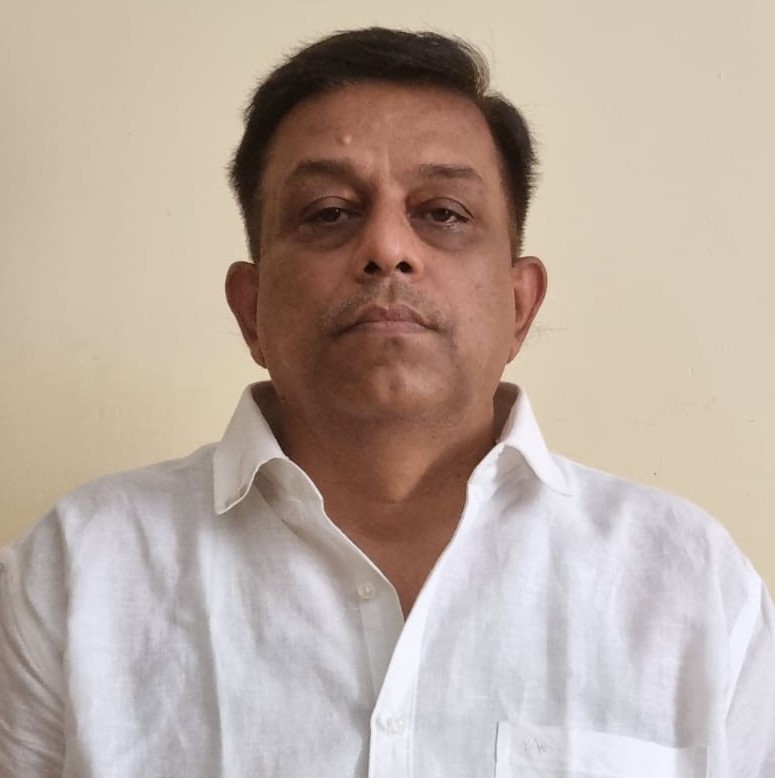Bangladesh Cooperates on Terror: Can India translate it into Success?
In the last one month there has been a dramatic change in counter-terror co-operation between India and Bangladesh. Bangladesh has taken significant steps against Indian insurgent groups and handed over several top leaders of a major insurgent group, the United Liberation Front of Assam (ULFA). Besides, it has also acted against religious extremist groups, exposing their network in the sub-continent. These developments have addressed to some extent India’s complaint that Bangladesh was serving as a safe haven for such groups. At the same time, it has brought before India a major challenge of translating this positive development into lasting peace in some of the insurgency affected states of northeast.
Immediately after taking over the reins of the government in Bangladesh, Sheikh Hasina had announced that there would be zero tolerance for terrorists operating either within Bangladesh or using its territory to launch terror operations against other countries. Unfortunately, soon thereafter, a mutiny occurred in the Bangladesh Rifles (BDR) and Hasina’s government was staring at major political instability, but which was avoided due to the tactful handling of the situation. Though a political crisis was averted, it delayed action against terror. But Hasina has kept her promise and acted against terrorism.
The Bangladesh government has taken a two-pronged approach against terror groups. It has acted against domestic Islamist groups like Harkatul Jihad al Islami (HuJI), and Jamaat ul-Mujahideen Bangladesh (JMB). Action against them has exposed their international links. Now it has been decisively proved that these groups have been acting in concert with international terrorist outfits like the Lashkar-e-Taiba (LeT) and Hizbul Mujahideen.
More importantly, Sheikh Hasina’s government has also acted against Indian insurgent groups which have so far successfully used the territory of Bangladesh to launch terror activities inside India. In her earlier tenure, Sheikh Hasina could not act decisively against these groups. At that time, she feared that the opposition Bangladesh Nationalist Party (BNP) would brand her as pro-India, thereby hampering her electoral prospects. But it seems that Hasina’s landslide victory and terror attacks directed at her during the previous four-party coalition rule has made her more resolute in acting against terror.
The crackdown against Indian insurgent groups in Bangladesh began in the first week of November, when self-styled foreign secretary of ULFA Sashadhar Choudhury and finance secretary Chitraban Hazarika were handed over to Indian security forces. But the most important action was the decision to hand over Arabinda Rajkhowa, Chairman of ULFA who is now in the custody of the Assam Police along with his bodyguard Palash Phukan alias Raja Bora and Deputy Commander-in-Chief Hitesh Kalita alias Raju Barua. There is some controversy regarding the arrest of Arabinda Rajkhowa. The Indian security establishment initially announced that he had surrendered. Other versions suggest that he was either arrested by Bangladeshi intelligence agencies or arrested in Bangladesh with the help of Indian agencies. Whatever the truth, it is quite clear that this major success would not have been possible without the help of Bangladesh.
These steps taken by Bangladesh have no doubt to a large extent addressed a long-standing Indian demand that Dhaka co-operate more forthrightly. But now the challenge before India is to consolidate these gains and establish durable peace in the states of the northeast.
The handover of the top brass of ULFA, except for Paresh Barua who appears not to be in Bangladesh at present, has given a big jolt to the outfit. Though it is true that in recent times ULFA has been singlehandedly managed by Paresh Barua and other leaders like Rajkhowa have played only a marginal role, their arrest will be a major setback for the outfit. Rajkhowa is not only Chairman of ULFA but also its main ideologue and founding member. His arrest is bound to dampen the spirit of Paresh Barua who is now bereft of his former comrades. He would have to manage with new recruits.
The arrest of Rajkhowa and other leaders has created a new situation for both the state and Union governments. The Government of India would be obviously interested in the complete elimination of insurgency from Assam. The Assam government knows very well that this objective cannot be achieved quickly by only following a ‘law and order’ approach. On the other hand, if the government manages to strike a political deal with ULFA, then it is quite possible that the insurgency in Assam would come to an end.
It is true that any negotiation with the outfit in the absence of Paresh Barua is going to meet only with partial success, but if the government manages to mainstream Arabinda Rajkhowa, the support base of ULFA would further erode. No doubt, ULFA has a bloody past, but Rajkhowa is known to be the moderate face of the outfit.
The ULFA’s demand for ‘discussion on sovereignty’ during the talks has not allowed negotiations to move forward. If ULFA wants the issue raised only as a ‘face saving device’ then the issue can be a part of the negotiations, but the ULFA must recognize that it cannot expect any concession on this issue. But if the outfit refuses to accept this, then the talks may not be of much use. In that case, it would be more useful to continue the detention of Rajkhowa along with his comrades and let the insurgency die a natural death.




